calsfoundation@cals.org
Scott Winfield Bond (1852–1933)
Scott Winfield Bond was a successful landowner, farmer, and businessman at a time when the total number of African American farm owners and their average acreage declined both in the state and in the nation. He was among wealthy Arkansans in the period before the New Deal.
Scott W. Bond was born enslaved in Livingston, Mississippi, near Canton. His mother, Ann Bond, was enslaved as a domestic. His mother married fellow slave William Bond when Scott was eighteen months old. On the eve of the Civil War, the white Maben-Bond family moved their enslaved property from Mississippi to Fayette County, Tennessee, and finally to Cross County, Arkansas. Bond’s mother died during the Civil War, and Bond moved with his stepfather to Madison (St. Francis County) and remained in his household until about 1875. He left his stepfather on good terms and with a quilt his mother gave him before her death.
Around the age of twenty-two, Bond began renting a portion of the 2,200-acre Allen farm, primarily growing cotton. The next year, Bond increased the amount of acreage he rented and hired one man. He established himself as a farmer and married Magnolia (Maggie) Nash of Forrest City (St. Francis County) in 1877. They had eleven sons during their long-lasting marriage.
Bond’s singular career as a Black Arkansas farmer and businessman was assisted by his relationship with his former owners, who referred to him as “Uncle Scott.” Supported by the widow and son of the Allen place, Bond paid cash rent and managed the property for eleven years. During his tenure on the Allen plantation, he rented and eventually bought a second farm of 300 acres at Madison on the St. Francis River and considered quitting his position at the Allen farm in 1889 in order to operate the new site. Instead, Mrs. Allen sold property to Bond and a white partner, T. O. Fitzpatrick. Bond maintained the partnership for about five years and then sold his interest to Fitzpatrick. Bond observed, “I really believe that we could get along as partners in this farm for forty years, but as you have boys and I have boys, after our days, the boys might not get along as well as we have. For that cause I think this is the proper thing to do.” Bond bought seven other farms adjoining the original 300-acre site with the profits derived from the sale of his half interest in the Allen plantation.
Bond engaged in business opportunities that facilitated his farming and gained a reputation for prudence. He opened a store in Madison in partnership with his stepfather and Abe Davis, with Bond operating the store. Undercapitalized, he closed the store after several months. Eventually, he bought the Madison Mercantile Company as sole proprietor and maintained the store to supply his farms. He also purchased four additional town lots. By 1915, he owned five cotton gin plants, a sawmill, and a gravel pit that supplied the Rock Island Railroad. The number of his farms had increased to twenty-one, with a total of 5,000 acres. The farm on which the Bond family resided was called “The Cedars.”
Bond was a member of the National Negro Business League (NNBL) established by Booker T. Washington in 1900. Bond addressed the annual meeting of the organization in New York City in 1902 and secured Washington’s pledge to visit St. Francis County. The following year, the NNBL held its annual meeting in Little Rock (Pulaski County). After the conference, Bond was Washington’s host on a visit to Madison. The occasion included a public address by Washington and a barbecue in his honor at Bond’s home farm.
Three of the Bonds’ sons—Waverly T., Theophilus, and Ulysses S.—joined their father in managing his ventures. By the time of Bond’s death on March 24, 1933, he owned and farmed 12,000 acres in and near Madison, raised livestock, and operated a large mercantile store, several cotton gins, a gravel pit, lumber yard, and sawmill. It was reported that he was fatally injured by one of his registered bulls. He was eighty-one years old. Bond is buried at Madison.
For additional information:
Bond, Ulysses S. “Highlights in the Life of Scott Bond.” Arkansas Historical Quarterly 21 (Summer 1962): 146–152.
Chowning, Robert W. History of St. Francis County, Arkansas, 1954: A Narrative Historical Edition Preserving the Record of the Growth and Development of St. Francis County, Arkansas, and Chronicling the Genealogical and Memorial Records of its Prominent Families and Personages. Forrest City, AR: Times-Herald Publishing Company, 1954.
Rudd, Dan A., and Theo. Bond. From Slavery to Wealth: The Life of Scott Bond. Edited by Willard B. Gatewood. Fayetteville: University of Arkansas Press, 2008.
“Scott Bond.” Character Collection, University of Arkansas at Little Rock Center for Arkansas History and Culture. https://ualrexhibits.org/characters/scott-bond-former-slave-shrewd-businessmanbond-1/ (accessed May 18, 2023).
Fon Louise Gordon
University of Central Florida



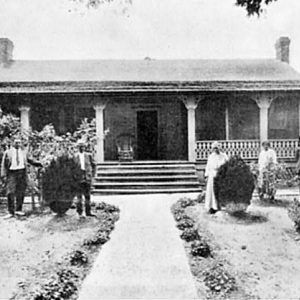
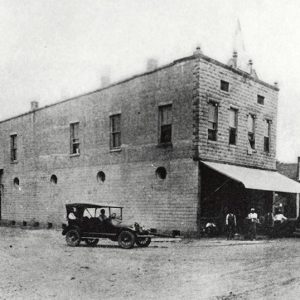
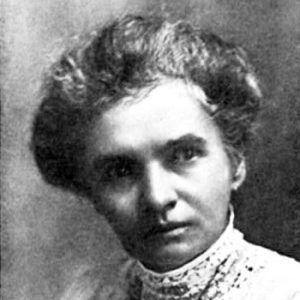

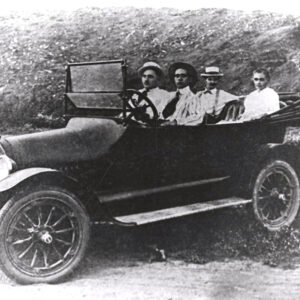

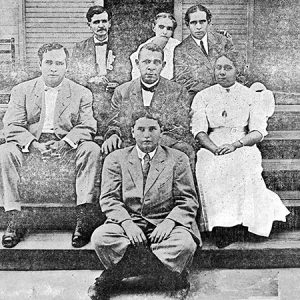
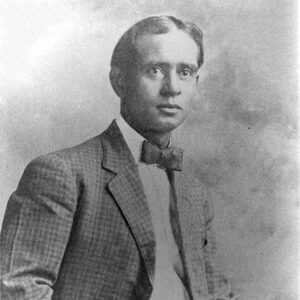
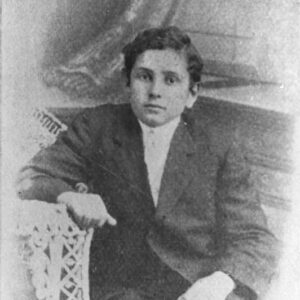






Comments
No comments on this entry yet.